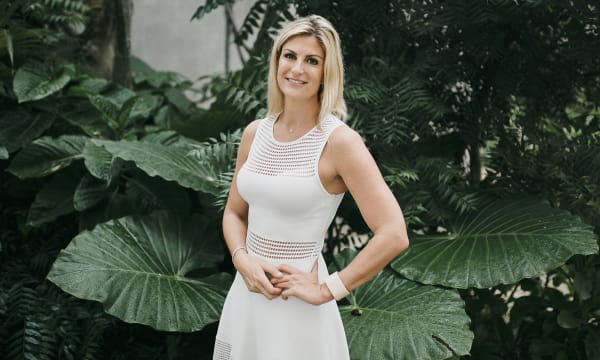The pandemic changed work lives for people around the world. From layoffs and corporate restructures to the “Great Resignation” that followed, employees changed their work days, career goals, and office spaces to better fit a new age of employment.
We spoke with freelance art director Shazia Chaudhry, who works on a range of projects out of the United Kingdom and who also happens to design the Intelligence team’s own reports. Shazia reflects on how her work as changed in the years since pandemic shut downs, and how her own ability to choose projects that bring her joy and spark her curiosity has changed her job for the better.


